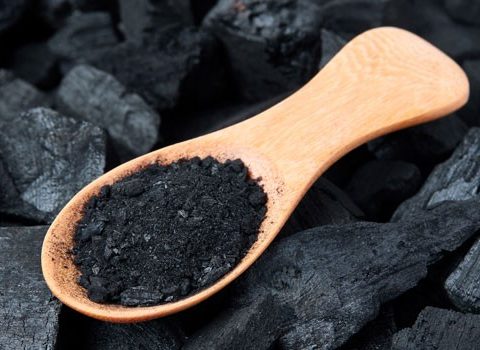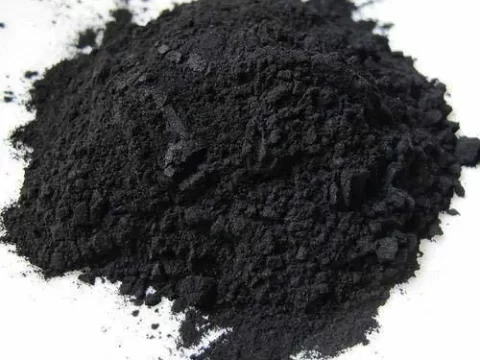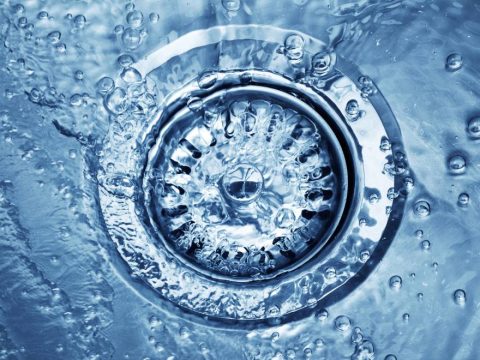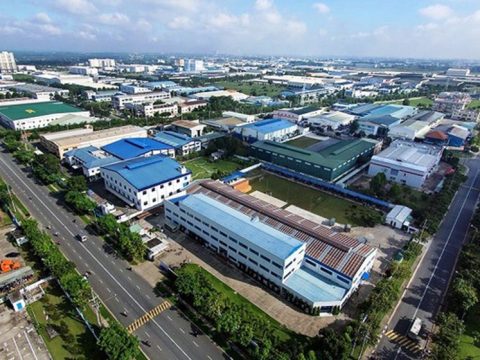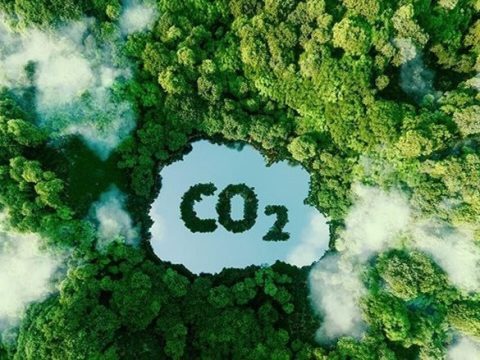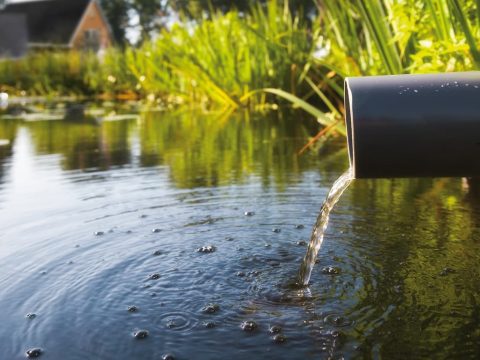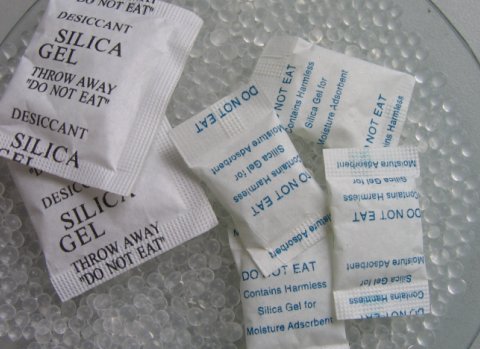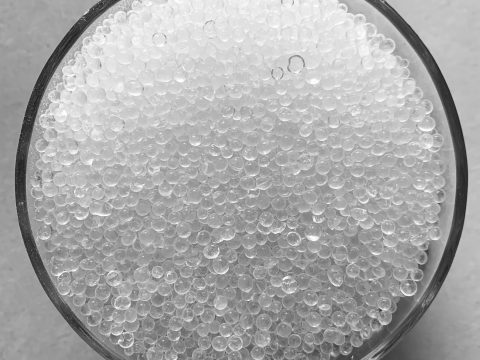Is it possible to recycle waste water into clean water?
Recycling wastewater into ‘treasure’
Researchers at Stanford University are developing an anaerobic wastewater treatment process to create clean water and valuable resources
In a world where one four people do not have access to clean water, most of which live in poverty areas, scientists are constantly looking for new solutions to be able to supplement the supply. Water for humanity.
A mechanism called anaerobic filter receives a lot of attention because it uses very little energy to convert wastewater into a consumption form, but there is a problem: while cleaning water, filtration process Anaerobic tendency tends to create dangerous by -products related to sulfide (an inorganic ion of sulfur). These are extremely harmful substances for human health and the environment.
According to the Center for Disease Control and Prevention (CDC), inhaling hydrogen sulfide can lead to symptoms such as shortness of breath, tremor, eye and skin irritation, loss of consciousness and even death at high concentrations . That means workers at wastewater treatment plants face many health risks.
To solve this urgent situation, in an article published on March 2 in ES & T Engineering magazine, researchers from Stanford University of the US revealed a new anaerobic process, not only. Turn toxic sulfide in wastewater into a safe compound but also create high -value resources for technology and agricultural production.
Typically, scientists try to solve the Sulfide problem using certain chemicals to separate sulfur derivatives into non -toxic components. However, that often corrodes the pipes of the filtration system, reducing the overall efficiency of creating clean water.
In the new method, the Sulfide processing team using a technique is called an electrochemical oxidation. “The process we are doing is convert sulfide in wastewater into more valuable things, such as sulfuric acid, which can be used in many production processes or fertilizers,” the main author. Xiaohan Shao, PhD graduate student in civil and environmental engineering at Stanford University, described.
Basically, this electrochemical system provides the researchers to convert sulfide into other sulfur derivatives, thus completely eliminating dangerous chemicals from anaerobic filtration process. According to the research team, this process requires very little energy and can be operated entirely with renewable sources, which allow applications to the entire city.
“We can integrate our process into other advanced wastewater treatment technologies to narrow the gap between wastewater and drinking water,” Shao added. “Hopefully this study will help accelerate the application of technology to minimize pollution, restore valuable resources and create drinking water at the same time.”
According to news reports VNExpress

